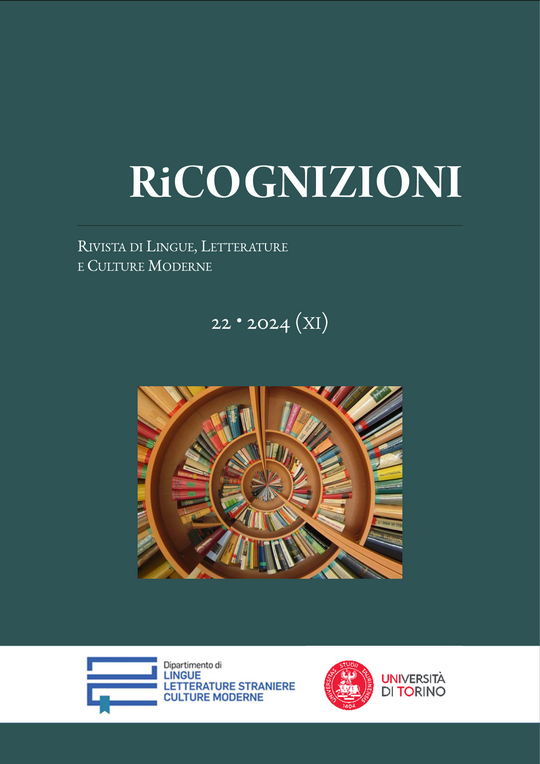Banishment into Wilderness: The Trauma of Dispossession and Dislocation in "Gravel Heart"
Keywords:
Abdulrazak Gurnah; Gravel Heart, Trauma, Dispossession, DisplacementAbstract
This paper explores Abdulrazak Gurnah’s reimagination of the fate of dispossessed and displaced subjects after wars in post-colonial polities. Its point of departure is that most of Gurnah’s novels feature a migrant who is dispossessed and displaced after the Zanzibar revolution of 1964. Gravel Heart, however, is deeply rooted in unearthing manifestations of various forms of dispossession and the eventual dislocation of the migrant protagonist. I deploy Cathy Caruth's and Kurtz Rogers's theoretical propositions about trauma to my reading of Gravel Heart to map how Gurnah depicts migrants’ dispossession, dislocation. I explore how the protagonist’s narration mimics the articulation of traumatic reality of migrants both in content and form. I argue that Gurnah uses Salim as the narrator of the events to draw a convincing image of a displaced Zanzibar migrant, on the one hand. On the other hand, this helps amplify the trauma of dispossession and displacement. I conclude that, telling the story from the perspective of the migrant, the author enables the narrator to illuminate his victimhood, while portraying his ability to survive in spaces that are intended to silence him.
Downloads
Published
How to Cite
Issue
Section
License
RiCognizioni is published under a Creative Commons Attribution 4.0 International License.
With the licence CC-BY, authors retain the copyright, allowing anyone to download, reuse, re-print, modify, distribute and/or copy their contribution. The work must be properly attributed to its author.
It is not necessary to ask further permissions both to author or journal board.








